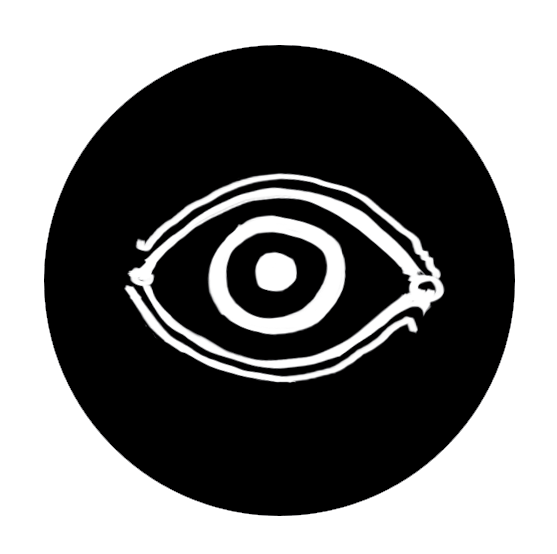Huffin’ and Puffin’
How Canada Ignores Its Own Whistleblowers
In case you missed it, last week the American military reclassified Julian Assange and his whistleblowing organization Wikileaks as enemies of the United States. He’s being placed into the same box as al Qaeda terrorists and the Taliban.
Assange has been holed up in the Ecuadorian Embassy in London for months, fighting extradition to Sweden to face allegations of sexual assault.
The government of Ecuador agreed to the asylum by arguing that his returning to Sweden would be a short one: the United States would strong-arm Assange into facing charges of espionage and conspiracy for his part in releasing hundreds of thousands of classified American military and diplomatic reports.
His personal troubles notwithstanding—for he should be investigated and held responsible if he did engage in sexual assault—Assange’s new credentials as enemy to America seem like overkill.
The released cables did not release necessarily dangerous information. Sure, one could argue about whether the disseminating of information is helpful, in terms of global unrest or exposing diplomatic and military tactics or background data. That is fair, but considering most of the time that means ignoring the grossly hypocritical behaviour of Western countries as the bullies of the global playground, I think we need to consider who and what we need to keep secret from—and why. I do wish Wikileaks redacted a majority of the cables they released from the get-go, to protect those brave enough to bring truth to the people. But let’s put this in perspective; of the 251,287 cables, roughly half were unclassified, and none were deemed top-secret.
Further, according to The Guardian, all the diplomatic cables were available on the US Department of Defence’s private Internet (SIPRNet) and marked as “Sipdis,” meaning secret Internet protocol distribution. All governmental and military personnel—over 3 million people—had access to the cables. Allies in other countries also had access to the files—including Canadians, Australians and Britons. In total, 4.2 million people already had these cables available to them. How dare Wikileaks try and tell anyone else.
If this response of pointing fingers at people after being tattled on is to be the new precedent in this hyper-saturated, cubit-condensed decon-ified modern age of global discourse and digital consumption, then Canada has its ears covered and shelters the online public sphere from the problem, where instead, we’ve been busy watching cats stick their heads in bread slices.
In the past 10 years, legislation has been adopted in Canada to protect whistleblowing, but with severe flaws.
In 2004, the Liberal government introduced Bill C-25 on the heels of the federal sponsorship scandal, in which the auditor general accused the government of dishing out $100 million in fraudulent payments to several Quebec advertising firms for next to no work. The bill was widely panned, deemed too inadequate and ineffective at protecting whisteblowers, and ultimately died before the 2004 federal election.
The Harper government introduced Bill C-11 in replacement of C-25. Known as the Public Servants Disclosure Protection Act (PSDPA) the legislation was meant to address the shortcomings of Bill C-25. But according to the Federal Accountability Initiative for Reform (FAIR), a non-partisan charity formed to encourage public sector employees to speak out against corruption, C-11 is flawed, and can do more harm than good for those blowing the whistle on governmental malfeasance.
The scope of the act is rather narrow, for starters. It does not apply to CSIS personnel or members of the armed forces. The case of RCMP Cpl. Robert Read is rather poignant; a veteran of 26 years with the RCMP, he discovered that while investigating corruption at the Canadian High Commission in Hong Kong, his own bosses were sabotaging him. He tried to explain this to the RCMP and he was fired for his efforts.
Read was vindicated by an external review committee but the RCMP refused to reinstate him. He appealed to the Supreme Court of Canada, which threw out his case. This was May 2007—13 years after he originally blew the whistle.
The act also puts the onus on department heads to create internal auditing policy, rather than establishing overarching rules of conduct, or even a timeframe in which results are expected.
In four years, only one case out of 1121 was determined to be wrongdoing by The Office of the Public Sector Integrity Commissioner (PSIC), which handles all investigations under the act.
No one has been reprimanded and according to FAIR, even if someone was, the law provides loopholes for escaping justice: take your pension and retire, or just leave the public sector altogether. You’re home free.
The act also cannot investigate any misconduct that extends into the private sector. It falls short of what Canadians were promised since the days of Jean Chretien, who never bothered attempting whistleblower legislation even though his landslide election against the Tories was built upon cleaning up government corruption.
Sadly, what we have here is an environment where calls of corruption can be thrown under the rug.
To the future Robert Reads and Bradley Mannings of the world: I weep for you.



